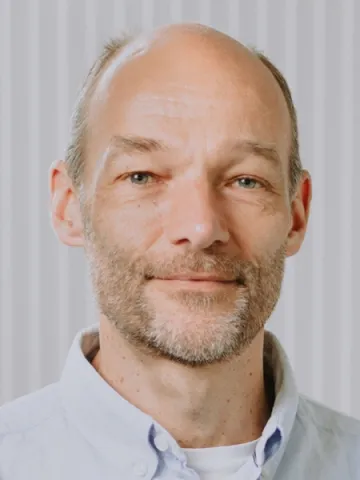About the project
Join our dynamic research team to explore cutting-edge microscale optical resonator designs for quantum technologies. This PhD will combine photonics, quantum physics, and computational modelling to design devices that enhance the interaction between matter and light on the quantum level to unlock new capabilities in quantum computing, communication, and sensing.
Optical microresonators - devices that trap photons between microscopic mirrors - are key to enhancing the interaction between light and quantum emitters, such as atoms, ions, or nonlinear crystals. They are considered a crucial technology for future more efficient and faster quantum interactions. Traditionally, these mirrors have spherical shapes; however, we have recently shown that if the shape of the mirrors is optimised, the trapped photons can create strong interference patterns that lead to a dramatic increase of their localisation in space, vastly beyond what is currently achievable.
In this project, you will develop and perform numerical simulations to take this powerful approach further and investigate its full potential by optimising these novel resonator designs, tailoring the spatial shape of photons for a range of quantum applications such as:
- trapped ion chains for quantum computing
- neutral atom arrays for quantum simulation
- entangled photon sources for quantum communication
- micro-optomechanical systems for quantum sensing
- single-photon wavelength conversion for hybrid quantum networks.
You will benefit from our world-leading expertise and a collaborative, supportive research environment. You will also have the opportunity to work in close collaboration with experimental groups within the University of Southampton and the QCi3 National Quantum Technology Hub.
